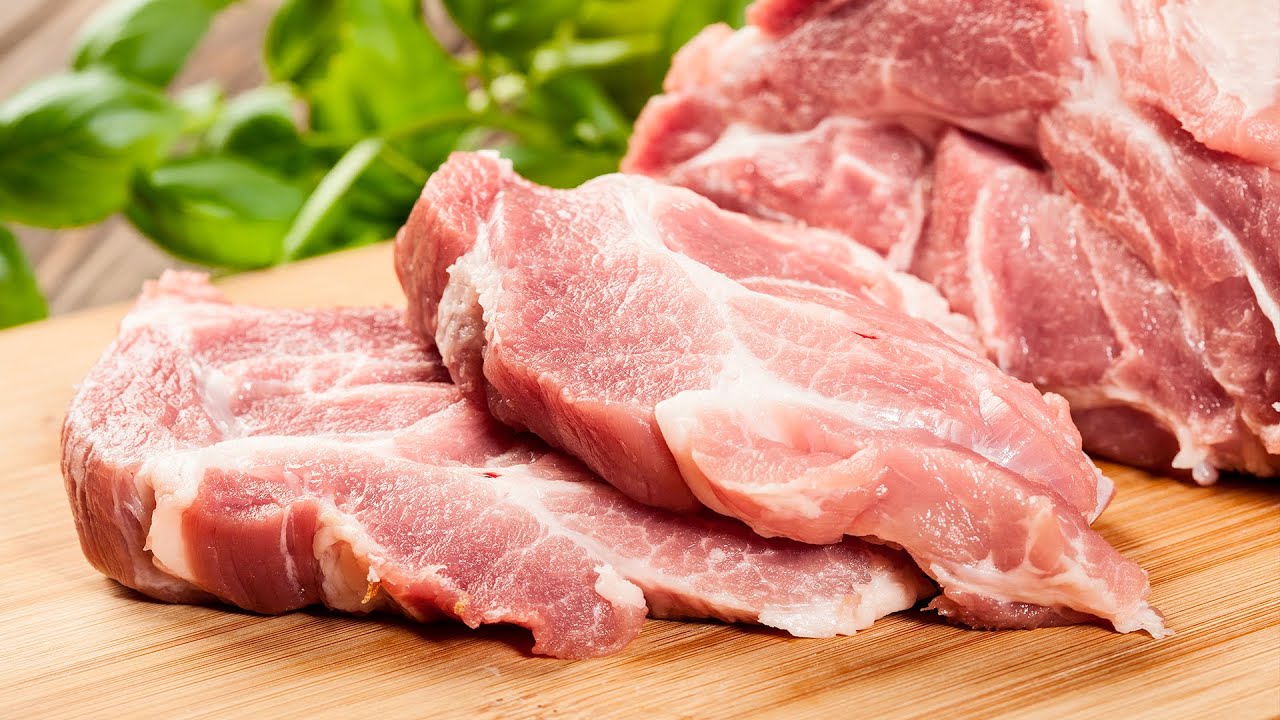Canadian producers disappointed in new US labelling of imported pork

Canadian pork associations and Canada’s federal government are very displeased with the new US voluntary country of original labelling (V-COOL) regulations which will come into effect January 1, 2026.
The Canadian Pork Council (CPC) stated in a release that it “is disappointed comments from the pork industry on both sides of the border were not taken into consideration in the finalised rule, announced March 11, mandating that all meat products sold with a ‘Product of the USA.’ label be derived from animals raised, slaughtered and processed in the US.”
CPC Chair René Roy notes that “labelling these regulations as ‘voluntary’ when the regulation is very prescriptive on what must happen with labelling, will have an impact.”
Rick Préjet, Chair of Manitoba Pork, is “extremely disappointed,” and noted that this new rule “will significantly impact trade in the integrated Canada/US market.” Manitoba ships 3 million pigs and over $400 million CAD of pork products to the US each year.
Canada’s Ministers of Agriculture & Agri-Food and International Trade both also stressed in a joint statement that the Canada and US meat and livestock sectors are highly integrated, and that “Canada remains concerned about any measures that may cause disruptions” to the North American livestock supply chains.
In addition, it will “firmly oppose any proposition from the US to renew a mandatory COOL system for pork and beef, a practice which the World Trade Organization allowed Canada to take retaliation measures against the US.”
Roy said “we are pleased the Government of Canada has already indicated it will be looking at options to correct the protectionist nature of these proposed regulations, and we ask the federal government to be vigilant to protect our market access.”
For its part, the National Pork Producers Council in the US is also against V-COOL for some similar reasons but also additional ones.
In 2023, the organisation urged the US government to change course, because it feared V-COOL would strain diplomatic ties with trading partners and potentially lead to tariff retaliation against US agricultural goods.V-COOL would also increase costs for livestock producers and offer little to address consumer confusion about product origins.
However, the US government stood firm, and stated this month the rule change is supported by petitions, thousands of comments from stakeholders and data.
“In July 2021, US Department of Agriculture initiated a comprehensive review to understand what the ‘Product of USA’ claim means to consumers and inform planned rulemaking to define the requirements for making such a claim.”
Furthermore, a nationwide consumer survey revealed that “the current claim is misleading to a majority of consumers surveyed, with a significant portion believing the claim means that the product was made from animals born, raised, slaughtered and processed in the US.”
Read also
Wheat in Southern Brazil Impacted by Dry Weather and Frosts
Oilseed Industry. Leaders and Strategies in the Times of a Great Change
Black Sea & Danube Region: Oilseed and Vegoil Markets Within Ongoing Transfor...
Serbia. The drought will cause extremely high losses for farmers this year
2023/24 Safrinha Corn in Brazil 91% Harvested
Write to us
Our manager will contact you soon



